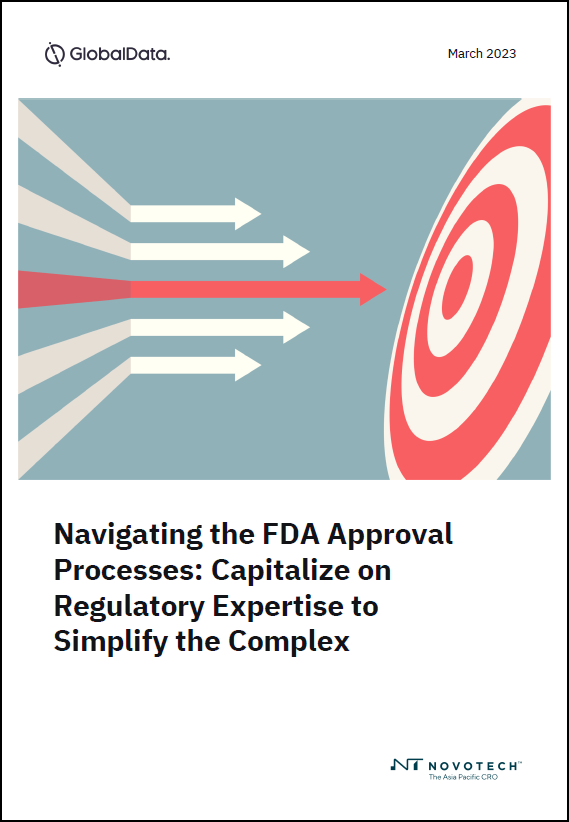
The US Food and Drug Administration (FDA) has sent warning letters to Synthetix and US Chem Labs for selling unapproved and misbranded versions of GLP-1 therapies semaglutide and tirzepatide— the active ingredients in weight loss and diabetes drugs.
Synthetix, which sells drugs on website Helix Chemical Supply, markets semaglutide and tirzepatide “for research purposes”. However, the FDA argues that evidence on its website contradicts this claim. In the warning letter from the FDA, the agency said: “Evidence obtained from your website establishes that your products are intended to be drugs for human use.” The letters were sent following a review of their websites conducted by the agency in October.
US Chem Labs also claims its semaglutide and tirzepatide is “for research purposes”. However, the products are accompanied by claims such as weight loss, reducing the risk of stroke, heart attack, or heart disease. In addition to pulling up US Chem Labs for misbranding the obesity drugs, in its warning letter, the FDA said it was “particularly concerned” that the company was selling a product called thymalin to children. Thymalin is a peptide hormone that regulates the immune system. US Chem Labs claimed it can treat immunosuppression after chemotherapy.
The companies have 15 days to notify the agency of steps to address any violations.
Novo Nordisk’s semaglutide is marketed as Ozempic for type-2 diabetes, and Wegovy for obesity. Eli Lilly’s tirzepatide is called Mounjaro when packaged as a medication for diabetes and Zepbound for weight loss.
The high demand for anti-obesity drugs has led to an increase in counterfeit and fake versions of the drugs being sold illegally. In October 2023, the UK Medicines and Healthcare products Regulatory Agency (MHRA) identified two wholesalers who were falsely labelling pre-filled Ozempic pens.
Across the pond, Novo continues legal action against pharmacies selling knockoff Ozempic after suing a compounding pharmacy and refiling a suit against another for selling fake semaglutide in Florida, US in December 2023.
Last June, Novo filed trademark infringement lawsuits against five sellers of counterfeit versions of the drugs, including Ekzotica Corp.’s Cosmetic Laser Professionals Med Spa in Miami and Effinger Health’s Nuvida Rx Weight Loss in Tallahassee. Confidential settlements were made last week with the first two companies having resolved cases.
Both Novo and Lilly continue the crackdown on these alternate sellers of the popular drugs, however, the issue may only be exacerbated by drug shortages. As the demand for the drugs stays high, the problem of knockoff versions and compounding pharmacies persists.




